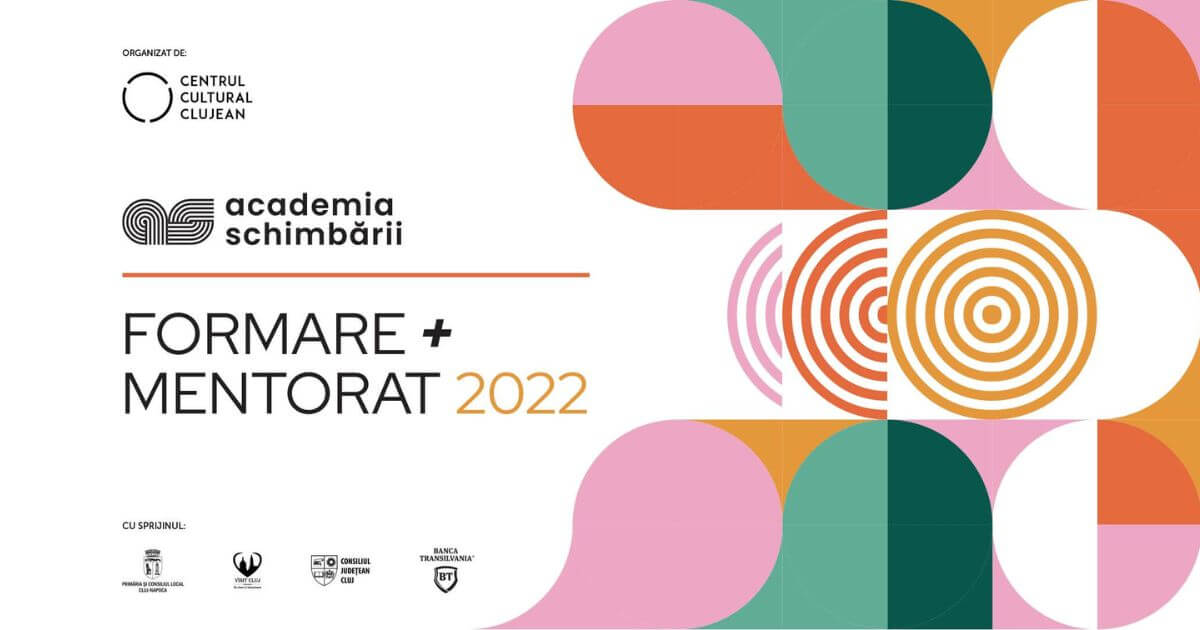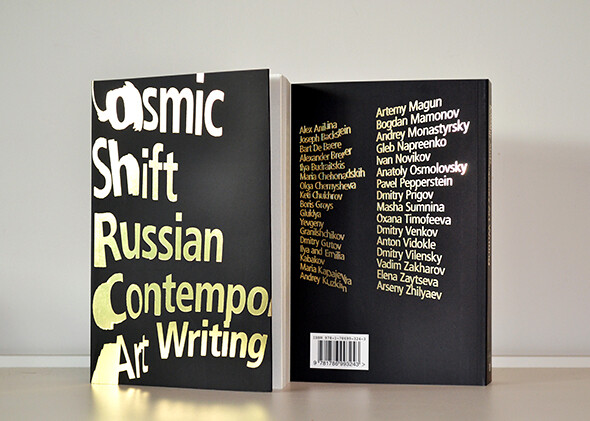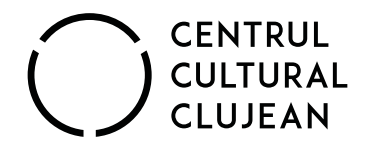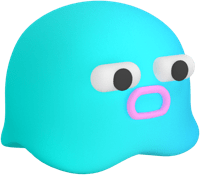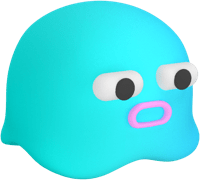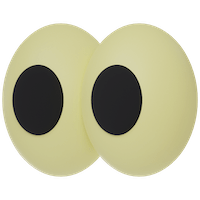
The Speakers
The School
organizing exhibitions; but they mostly support hot projects, entertainment projects, commercial projects. There is a confusing idea about aesthetics and beauty and creativity. So it is important for curators to create platforms for really challenging conversations.
...value; they believe they are the ones who are changing the world, not artists. I think that’s a one sided perspective… or politicians which believe art funding is only a leak on energy…yet, there are now many institutions or NGO or other types of professionals into this curating practice...
movement of the hippies, will not have an impact to radically change. How do you go outside of the romantic vision of coming back to nature?
Xiaoyu: everybody calls himself a curator. Curating shopping lists, curating fashion pages, so it should be a bit of a threshold on this. Especially when talking about engineers in Silicon Valley, they are engaged in art, but they don’t believe particularly in arts and culture as added...
...A lot of wisdom has eliminated through the capitalist imposing of competition and progress; this framework is not working anymore, because if we are not reinventing how the economy works and how we organize ourselves, we’ll just be a bubble, like in California in the 60’s or the counterculture...
Lucia: what about the figure of curator in an era when engineers or scientists can be also involved in curating exhibitions? Can they be recognised as curators? And if they are not, how can we give them proper recognition?
Xiaoyu: forgotten technology is also about cosmology, things that have been forgotten or erased. One way of discovering I think is to see the totally different purpose from what it supposed to be, it is radical act of refuting the capitalism, to go on this playfulness or counter efficiency ...
Sarah: how can an exhibition propose a discovery of obsolete technology, or dealing with existing ones?
The curatorial department is quite snobbish so there is not too much conversation between parts.
... It is a real challenge, this increasing pressure of funding.
Alice: Project - first internet memory, regardless of demographic differences, it was very much about connecting
...which often does not come from art as a background and has very different responsibilities and KPIs. I guess it is very important to think of different ways of funding for museums, for the sustainability of the museum. Is important not to rely on the ticketing, because this creates a pressure.
Andreea: technology invents a new kind of visual language and digital art will have a different alphabet. What is the curator role in educating in this visual language?
Xiaoyu: we need to come up with alternative models of funding. The big question is how do we counter the singularity of what artistic institutions are becoming as well. Technology is also pushing for singularity, uniformity.Museums are a very specific form of cosmology, is a western thing ...
Xiaoyu: personally, I’m struggling with populism: the museum as entertainment, ticketing, especially in the U.S., where institutions are much under pressure to make exhibitions popular. There are blockbuster exhibitions and academic exhibitions; this is more of a thing of museum director/ manager...
Xiaoyu: would you take the money from a problematic source, to use it on arts & culture ? I don’t have an answer, but this troubles me.
Olivia: I guess there are these exhibitions, like blockbuster exhibitions, which are more about entertainment and selling tickets.

Alexa-Karina Ganea
Una: a lot of technology is female. Because they are assisting, a lot of the technology is sexist from this perspective, in a capitalist patriarchy logic. But I think if technology could choose its gender it would be male.

Lucia Sabino

Wenlong Huang // Sarah Johanna Theurer
Diren: what are the possibilities of the gender of AI and robots, as human beings creating this kind of infrastructure we tend to recreate what we’ve been doing so far and probably we customize with a specific gender. But how would it be for AI to choose their gender? What will it create?

Xin Xiong

Taylor Hall

Xiaoyu: even the term art industry is questionable. There is this complicated relationship between artists and institutions. Mistranslation between artist ideas and institutions’ perspective. Art is a bigger idea than being flattened into art as an object.

Erfan Ghiasi // Jorje Esda

Una Mathiesen Gjerde

Olivia Gilmore
Still contemporary in a way, still in the present.

Andres Milan Lara

Patrycja Wojciechowska
Xin: Why should we consider cosmology an art? Cosmology here is more an epistemology, a way of thinking about the world, like in indigenous traditions. How does technology impact cosmology in this sense?

Gavril Pop
Erfan: the translation of the aesthetic and the relation to beauty is such a wrong thing. Aesthetics has nothing to do with beauty, more like with perceiving the perceptible. In that sense it is all about epistemology. Art and philosophy are cousins trying to grasp the ungraspable.

Alice Minervini

Lyah Benarroch

Andreea Cărăușu

Donika Cina

Yutong Shi

Andreea Goța
How have you changed your thinking and your way of understanding the ideas of the future and technology throughout these 5 days of School?
Gala Porras-Kim’s process of learning about the social and political contexts that influence how intangible things as sounds, language, and history have been represented through methodologies in the fields of linguistics, history, and conservation.
Iris Long is a writer and independent curator focused on the psycho-geography of technologies and technoscientific infrastructures in China.

The process of becoming: we need to have more courage to talk about vulnerability and failure
Kjersti Vetterstad explores themes such as time, place and impermanence, and questions related to identity and alienation.
❤️
Arseny Zhilyaev’s projects speculate about possible futures histories of art using the museum as medium
de pus imagini la fiecare

The Autumn School of Curating is organized by the Cluj Cultural Centre in partnership with the Art Encounters Foundation, and it was initiated by Corina Bucea and Diana Marincu.

Curating is a form of trust and accepting the results that come along the way, even when they go along or beyond the initial intention. It is more a process than it is a result // Xiaoyu Weng
2023

?
Una: hope - is not relevant anymore.There is hope, but this is not the question, is just that we need to stop complaining and act.

Una: never been an age in art history where artists were paid as good as the rest of the workers, that’s why I believe unionization is a tool.

Taylor: the effectiveness of digital art when trying to offer solutions to the risks of technologisation; what if this is becoming part of the problem? Maybe there’s pressure on artists to overcomes the previous experience, something outstanding. In this case, building a monument to the machine.
Una: art entertainment is a very dangerous road. The curator needs to create exhibitions that raise a question mark, and create meaningful conversations that push society further; maybe not now, but in the future.
Olivia: maybe a good question is how do you make philosophy fit into the programming of AI.
Xiaoyu: integration of philosophy, phenomenology, and art would be effective against AI algorithms’ uniformization. Learning about all kinds of cosmologies can be done by working with artists.
Olivia: curating can be a different way to search for the truth, through art you look into individual perspectives, and those are very phenomenological aspects.

Donika: technology is also about how to frame time because any tech development marks a point in time, so is a way to understand time.
Taylor: digital technology to preserve time.

Xiaoyu: I don’t think art should particularly keep the pace with the technological language, is more of a medium to slow it down, to be more reflective, more like a conversation process instead of a quick reaction to what’s happening.
Xin: it is female because the technology is perceived as serving, so the feminine is somehow submissive. But I think technology is gender fluid or gender in power because this gender is a sort of social construct.
Andres: tech/AI is creating this normalization of everything.
Andres: after being here with all the conversations, it came up this possibility of working with technology, more specifically about framing the technology; how certain ideas or frames are put into and how AI can create more liberty also for the art practice.
Johana: related to blind trust, archeologists say “I know this is the truth, because I have the laser”. So for me, when it comes to curating, the question arises: how do we critically reflect on something like this, on this blind scientific truth?
Yutong: I now think art is a technology, close to magic.

Xiaoyu Weng, 2023 course leader, is a curator and writer based in New York. Her curatorial and writing practices focus on globalization, identity, and decolonization, the intersection of art, science, and technology.
Art Encounters
aaajiao, artist and activist, focuses on the native inhabitants of the parallel worlds and saturated realities of the net. He does a critical investigation into the countless possibilities offered by the digital and the numerous questions raised by the hyper-technologisation.
Diren: curators are the bridge between institutions and artists and should be the facilitators for artists in reclaiming their power from any kind of institution.
Cluj Cultural Centre
... and is about the desire to possess. We need different models of self-organizing; strategies to navigate the institution’s system. Museums don’t have only curators or directors, have you ever thought about starting a revolution from the front-house employees, communication or PR?



